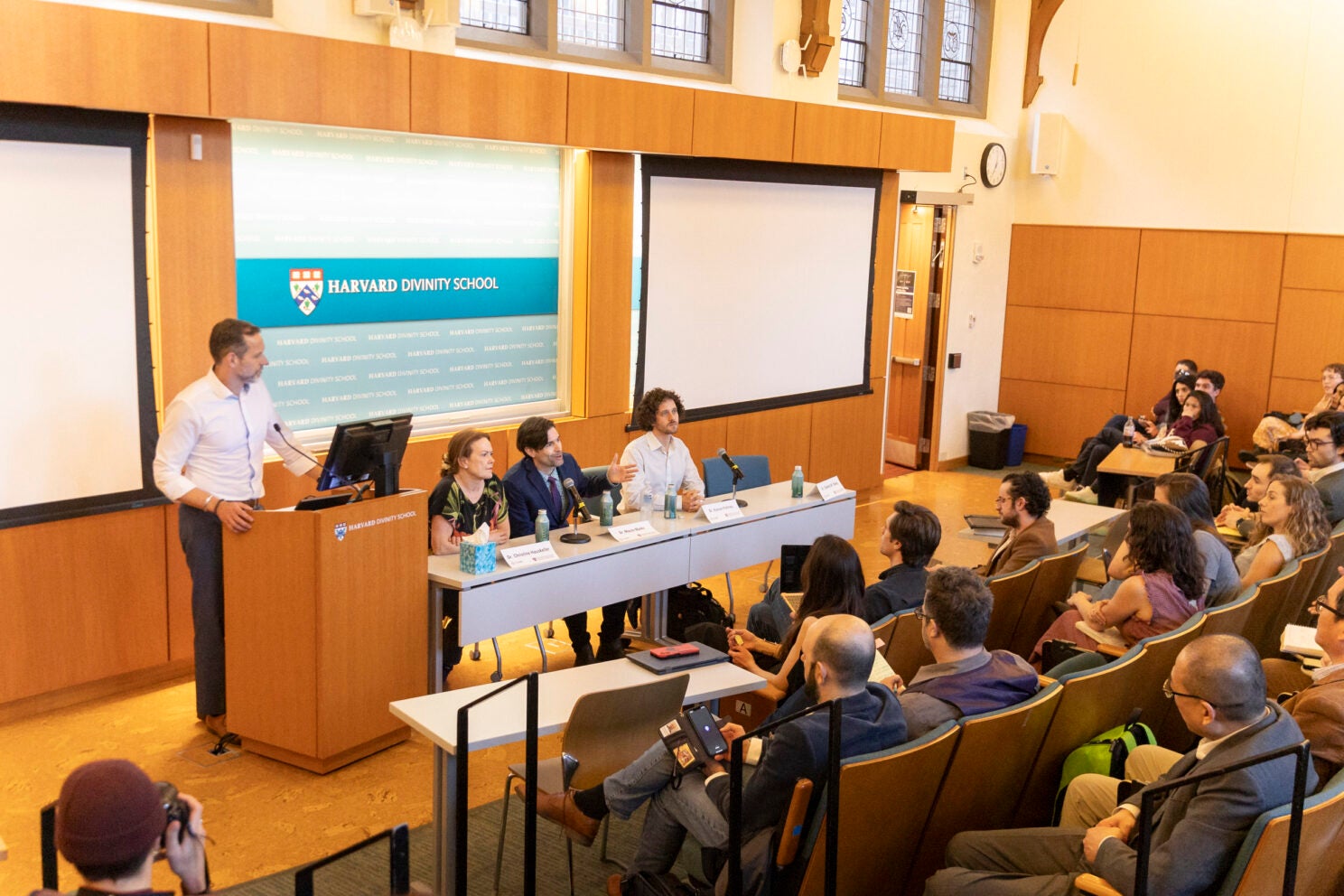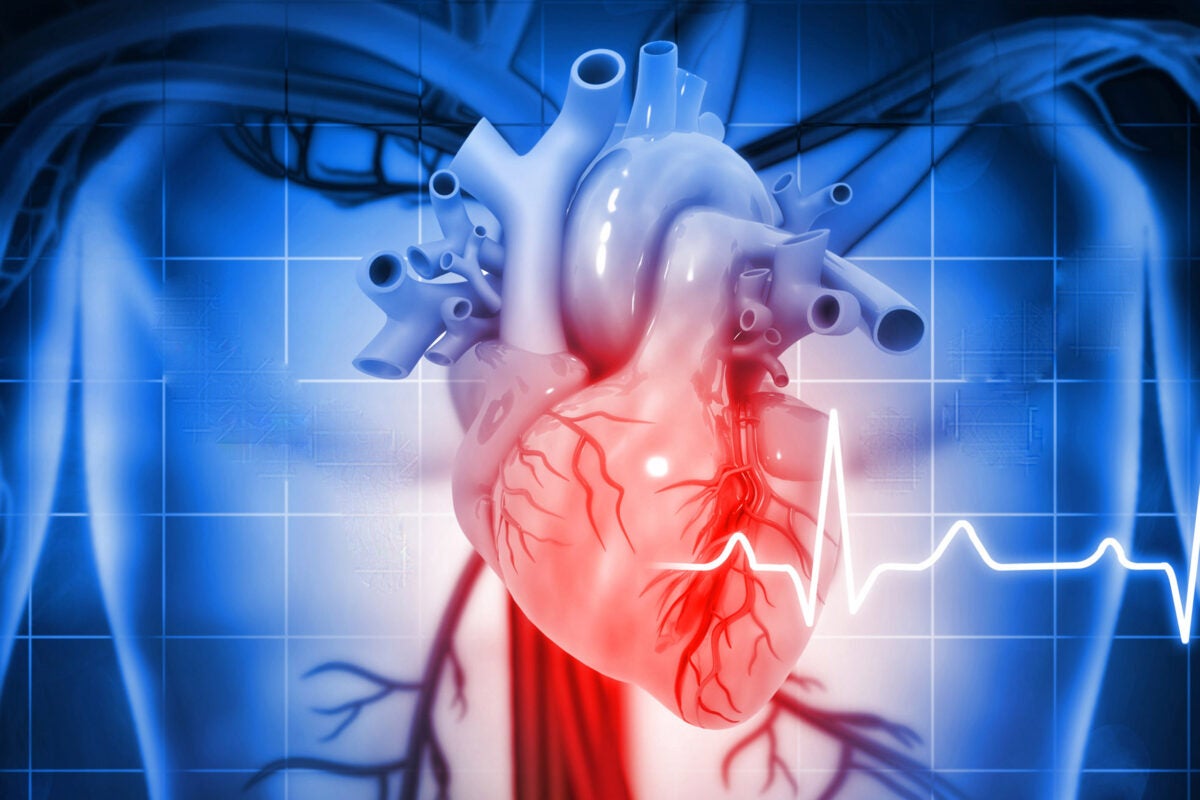Health
Study shows vitamin D doesn’t cut cardiac risk
Outdoor physical activity may be a better target for preventive intervention, says researcher
A growing body of evidence shows that taking vitamin D supplements does not reduce the risk of cardiac arrest in older adults, according to a new study out of Beth Israel Deaconess Medical Center, a Harvard affiliate.
Cardiovascular disease is the primary cause of death among adults over age 65 years.
“While multiple observational studies have demonstrated a relationship between low vitamin D and high risk for cardiovascular disease, few randomized controlled trials to date have evaluated the role of vitamin D supplementation on cardiovascular disease,” said lead author Katharine W. Rainer, a resident physician at BIDMC. “Our study decisively showed that vitamin D had no effect on the markers of cardiovascular disease over the 2-year follow-up period, regardless of dose. These results reinforce evidence that vitamin D supplementation is not an effective intervention for cardiovascular disease prevention.”
“Our study decisively showed that vitamin D had no effect on the markers of cardiovascular disease over the 2-year follow-up period, regardless of dose.”
Katharine W. Rainer
To evaluate the effect of vitamin D supplementation on the heart, researchers at BIDMC assessed whether higher doses of the vitamin reduced the presence of two specific proteins in the blood known to indicate cardiac injury and strain. The team’s analysis of data from a double-blind, randomized trial — the gold standard of scientific testing that provides the most persuasive results — do not support the use of higher-dose vitamin D supplementation to reduce cardiovascular risk in adults with low blood levels of vitamin D. The study is published in the American Journal of Preventative Cardiology.
Rainer and colleagues analyzed data from a National Institute of Aging-sponsored trial conducted between July 2015 and March 2019. Participants were randomized into one of four groups, receiving either 200, 1,000, 2,000, or 4,000 international units (IUs) per day of vitamin D3 supplementation. Blood levels of the markers of cardiovascular disease were measured at baseline and at three-, 12- and 24-month follow-up visits.
The investigators found that lower vitamin D levels were associated with a baseline elevation in one marker of cardiovascular disease, but failed to reduce either marker of cardiovascular disease over the two-year study period, regardless of dose. The findings were largely consistent regardless of participants’ age, sex, race, or history of cardiovascular disease, including high blood pressure and/or diabetes.
“While much work is needed to understand why vitamin D deficiency is associated with CVD, our study adds to the growing body of evidence that daily or monthly supplementation with vitamin D does not prevent CVD events or reduce markers of subclinical cardiac injury or strain,” said corresponding and senior author Stephen P. Juraschek, research director of the Hypertension Center at BIDMC. “Instead, there may be other factors upstream to vitamin D and CVD (such as outdoor physical activity, for example) that may be a better target for preventive interventions.”
Co-authors included William Earle of BIDMC.
This work was supported by the National Institutes of Health/National Heart, Lung and Blood Institute (grants NIH/ NHLBI 7K23HL135273 and 3K23HL135273S1); the National Institute on Aging (grants U01AG047837 and K01 AG076967); the Office of Dietary Supplements; the Mid-Atlantic Nutrition Obesity Research Center (grant P30DK072488); and the Johns Hopkins Institute for Clinical and Translation Research (grant UL1TR003098). STURDY is registered on clinicaltrials.gov under identifier NCT02166333













